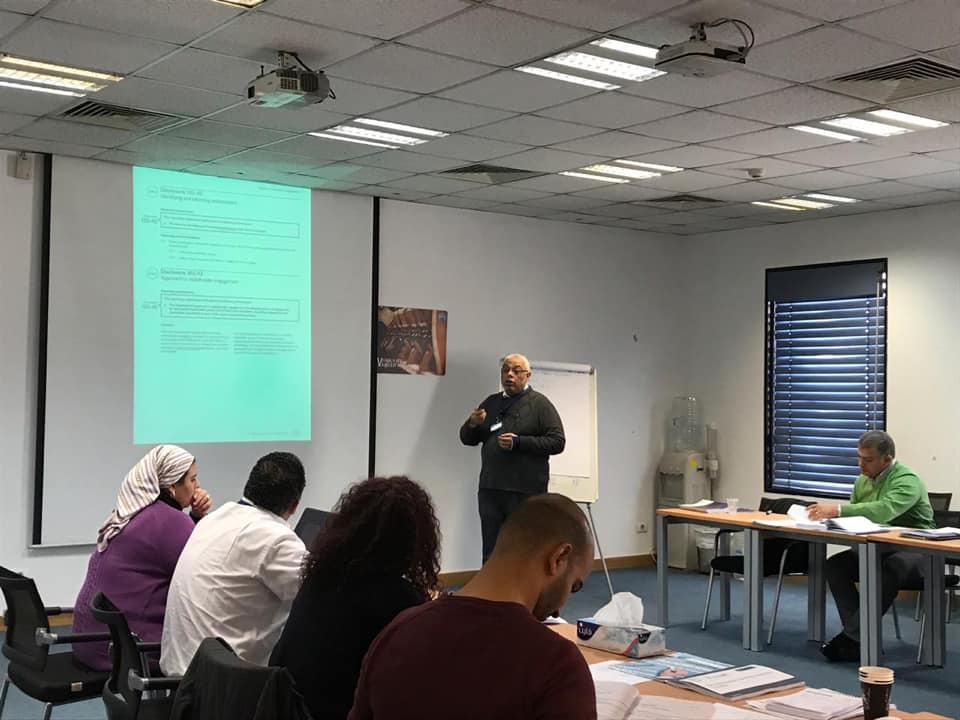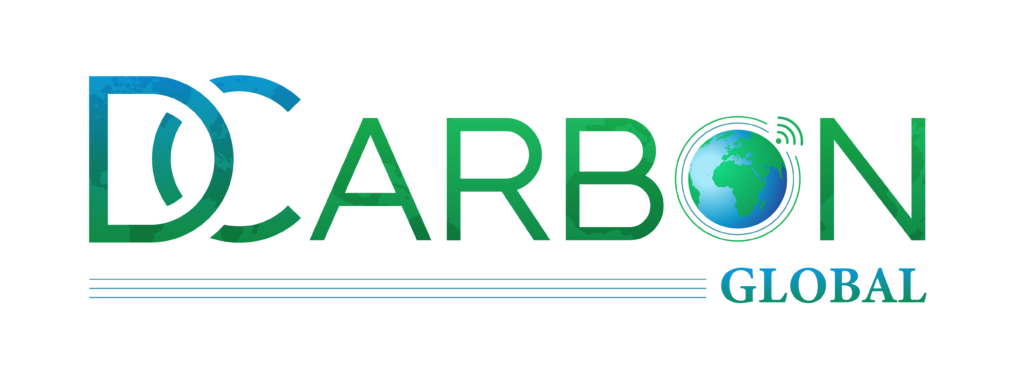
Training Overview
The training program offers a comprehensive and interactive learning experience for accountants, financial and sustainability advisors and risk officers seeking to navigate the evolving landscape of sustainability and climate-related risks.
Over the course of two days, participants will delve into the new IFRS sustainability standards and explore their implications on financial statements and financial positions. They will gain a solid understanding of the purpose and historical development of financial and sustainability disclosures, recognizing the need for enhanced transparency and accountability in reporting.
Additionally, participants will learn how to effectively integrate sustainability considerations into their risk management processes, financial analyses and decision-making processes.
The new IFRS sustainability disclosure, consisting of IFRS S1 and IFRS S2, ushers in a new era of sustainability-related disclosures in capital markets worldwide. These standards provide a common language for companies to communicate their sustainability-related risks and opportunities, including the effect of climate-related factors on their prospects.
With a focus on enhancing trust, transparency, and informed decision-making, the new IFRS sustainability disclosure standards connect the financial system and statements with sustainability and climate disclosures, creating a comprehensive global baseline for reporting and enabling investors to better understand the sustainability performance of companies.
Training Outline
- 1.Practical information
- 2.Learning objectives
- 1.Evolution of Financial Disclosures
- 2.The Rise of Sustainability Disclosures
- 3.Purpose and Objectives of New Disclosures
4.Shifting from a traditional financial focus to a sustainability mindset
- 1.Overview of Existing Sustainability Standards and Frameworks
- 2.Strategies for integrating the new disclosures with existing frameworks
- 3.Leveraging the strengths of different frameworks for comprehensive sustainability reporting
- 4.Case studies illustrating successful integration of multiple reporting standards
- 5.Alignment with Global Reporting Initiatives
- 1.The science of climate change
- 2.Climate change mitigation
- 3.Climate change adaptation
- 1.Impacts of climate change
- 2.The business case for climate action
- 3.Task Force on Climate-related Financial Disclosures (TCFD)
- 4.Financed emissions
- The interrelation between financial statements and sustainability disclosures2.The role of accountants and financial advisors in driving sustainable decision-making
- 1.Financial Position and Long-term Viability
- 2.Identifying and managing contingent liabilities
- 1.Integration between IFRS and TCFD
- 2.Sustainability and Climate-related Risk and Opportunity Assessment
- 3.Governance and Strategy Disclosures
- 4.Risk assessments, metrics and targets
- 1.Effects of sustainability and climate-related matters on financial statements
- 2.Case Studies and Practical Application
Learning Objectives
- Understand the purpose and objectives of the new IFRS sustainability disclosures.
- Explore the integration of the new sustainability disclosures with existing reporting frameworks and standards.
- Gain an overview of financial statements and the major utilized disclosures with sustainability implications.
- Identify the impact of sustainability and climate-related risks on financial statements and financial positions.
- Identify and respond to the risks and opportunities posed by sustainability and climate change, contributing to more resilient and sustainable financial strategies and outcomes.
- Learn strategies for effectively tracking and monitoring sustainability risks in financial reporting.
- Understand the new thinking perspective required to incorporate sustainability considerations into financial analysis and decision-making.
- Enhance skills in integrating sustainability information into investment analysis and advisory services.
- Develop an understanding of the role of accountants and financial advisors in driving sustainable decision-making.
- Apply knowledge through interactive exercises, group discussions, and case studies to reinforce learning outcomes.
Who Should Attend
- Accountants and financial advisors seeking to enhance their understanding of sustainability and climate-related risks and their implications on financial reporting.
- Professionals responsible for preparing financial statements and disclosures, looking to incorporate sustainability considerations into their reporting practices.
- Sustainability officers and ESG specialists aiming to deepen their knowledge of the new IFRS sustainability standards and their integration with financial reporting.
- Professionals involved in risk management and compliance, interested in understanding how sustainability risks impact financial positions and risk assessments.
- Investors and asset managers looking to integrate ESG factors into their investment analysis and decision-making processes.
- Corporate leaders and executives responsible for financial strategy and decision-making, seeking to align sustainability considerations with financial performance.
- Professionals working in regulatory bodies and standard-setting organizations involved in shaping reporting requirements and frameworks related to sustainability.
- Consultants and advisors providing guidance on sustainability and financial reporting to companies and organizations.
Gallery Section




